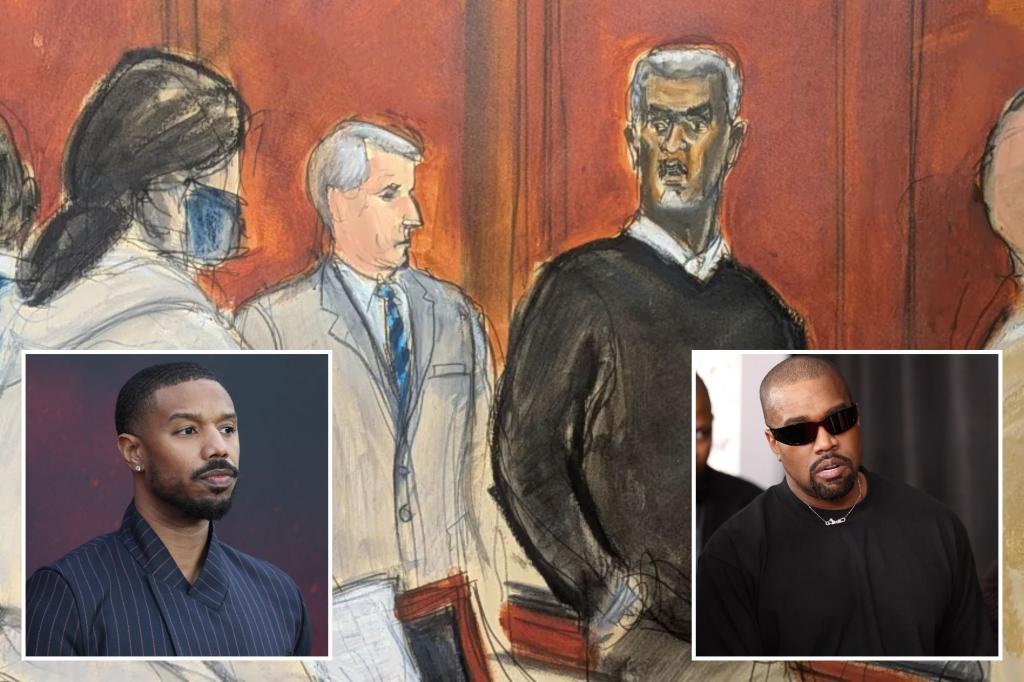Star-Studded Scandal: Celebrities Caught in the Crosshairs of Diddy's Explosive Legal Drama

During the jury selection process, a diverse group of potential panelists listened intently as a comprehensive list of names was presented. Among those mentioned was the polarizing musical artist Ye, formerly known as Kanye West, whose name carried significant public recognition and potential bias considerations.
